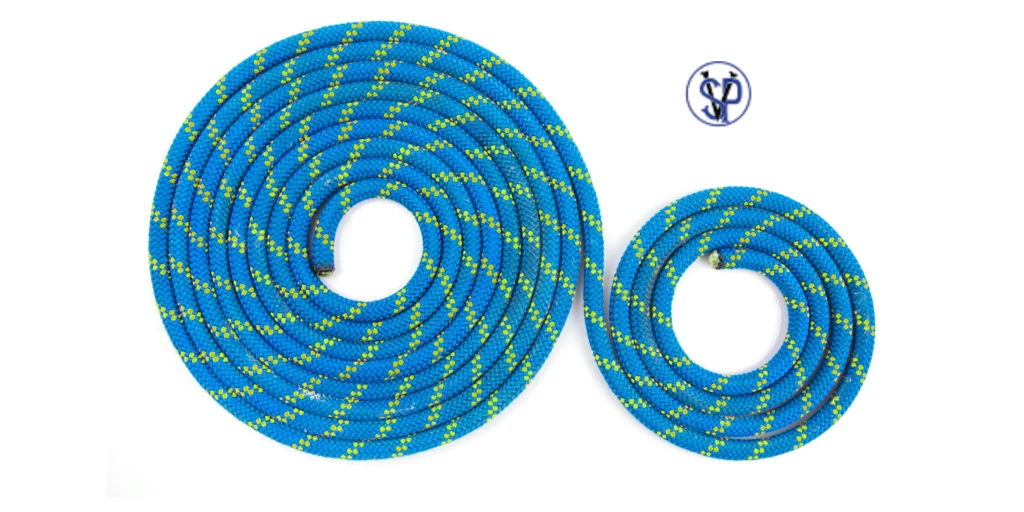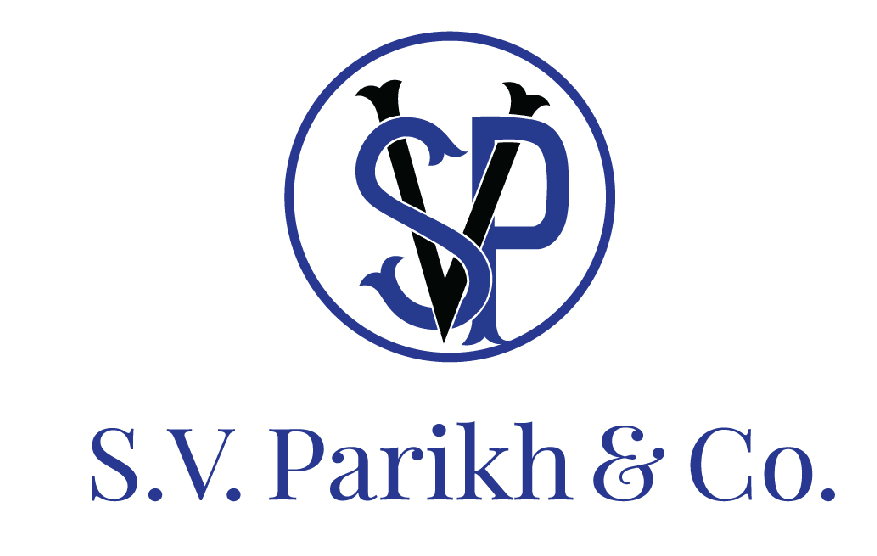The Vital Role of Elastic in Textile Machinery and Manufacturing

Elastic is an important part of the textile industry, yet it is often overlooked in favour of fabrics, fibers, and machines.
Its remarkable ability to stretch and return to its original shape makes it essential in textile machinery and manufacturing processes.
From increasing production line efficiency to ensuring garment comfort and durability, elastic is one of the most valuable materials in modern textile operations.
At its core, the elastic is designed to give flexibility, resilience, and strength.
These qualities are significant not only in completed products, but also in the functioning of textile machinery.
It would be significantly more difficult to achieve consistency and reliability in textile production without the use of elastic cords, rubber threads, and braided cords.
Elastic in Textile Machinery
Modern textile machinery requires components that can withstand continuous pressure and repetitive action.
Flexibility is important here. Elastic cords and braided elastic are used to maintain tension in knitting, weaving, and stitching machines.
They help in reducing vibrations, balance mechanical functions, and avoid breakdowns during continuous operations.
Manufacturers use elastic-based components to reduce downtime, increase machine efficiency, and extend the life of costly machinery.
This directly contributes to cost savings and maintains continuous production in large-scale textile factories.
Elastic in Textile Manufacturing
Elastic is equally important throughout the many stages of textile manufacturing.
It supports everything from raw material processing to garment finishing.
Some major applications include:
- Knitting and Weaving: Elastic threads are combined with cotton, polyester, or nylon to create stretchable fabrics used in sportswear, fashion, and medical textiles.
- Garment Finishing: Rubber threads and elastic cords provide comfort and flexibility in waistbands, cuffs, socks, and undergarments.
- Industrial and Outdoor Use: Heavy-duty braided cords are used to tie, bundle, and secure textile goods during packaging and transportation.
- Accessories and Footwear: From face masks to shoes, elastic ensures a secure fit without sacrificing comfort.
Textile companies ensure that their goods meet the needs of durability, functionality, and user comfort by using elastic at every stage of production.
Benefits of Elastic in the Industry
The textile industry relies on elastic for several reasons:
- Durability: Elastic can withstand high levels of tension and repetitive stretching, making it a long-term solution.
- Flexibility: Improves both machine performance and garment comfort.
- Customisation: Available in a variety of thicknesses, finishes, and colours to meet a wide range of needs.
- Cost-Effectiveness: Reduces machine breakdowns, saves time, and boosts efficiency across production cycles.
These qualities make elastic an essential raw material for the worldwide textile supply chain.
Innovation and the Future of Elastic
Elastic’s place in the textile industry evolves alongside it. Manufacturers are now focussing on environmentally friendly, sustainable, and high-performance elastic solutions.
Heat and weather-resistant elastic materials are gaining popularity for industrial and outdoor applications.
At the same time, the fashion industry prefers soft, skin-friendly elastic for high-end clothes.
High-quality textile elastic solutions are no longer just about comfort and flexibility; they are essential for design innovation, machinery efficiency, and sustainability.
Elastic is the silent force that powers textile machines and production.
Its strength, versatility, and reliability ensure that equipment runs smoothly, improve fabric performance, and provide products that are both comfortable and durable.
For more than a century, S. V. Parikh & Co. has been at the forefront of elastic manufacture, delivering premium elastic cords, braided elastic, rubber threads, and braided cords to businesses throughout the world.
With a history of quality and innovation, the company continues to drive the textile industry with flexible solutions that fit today’s needs.
